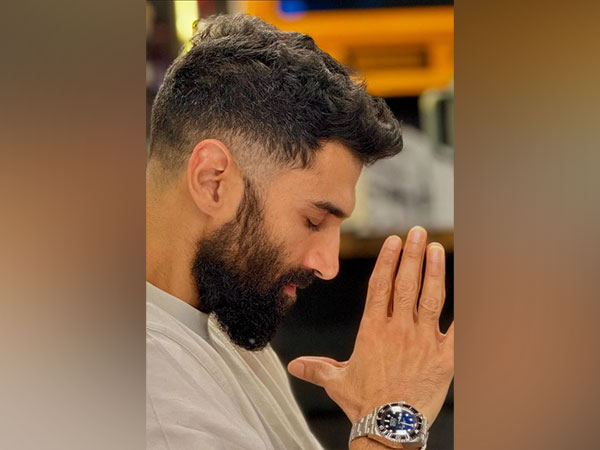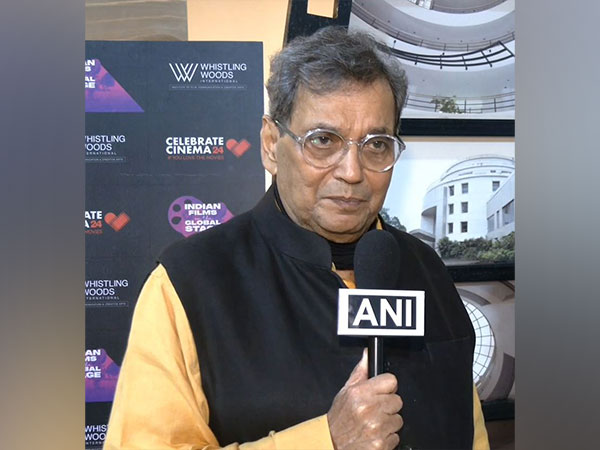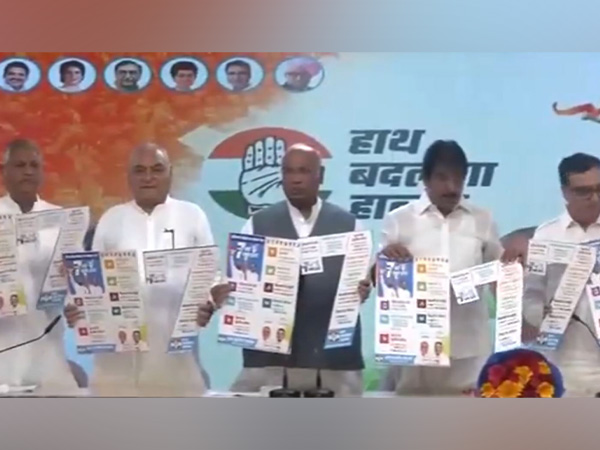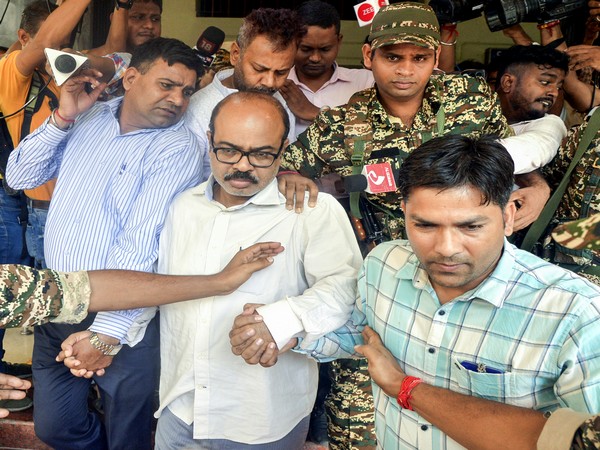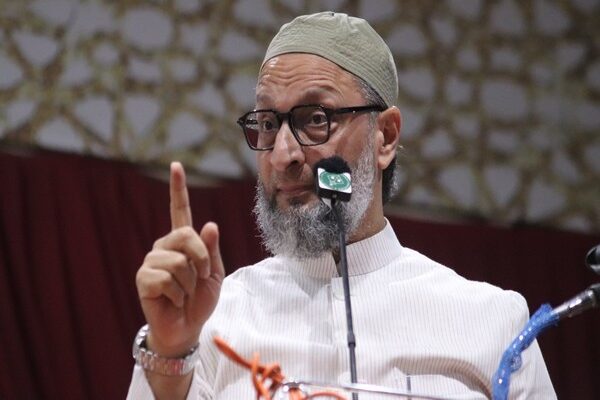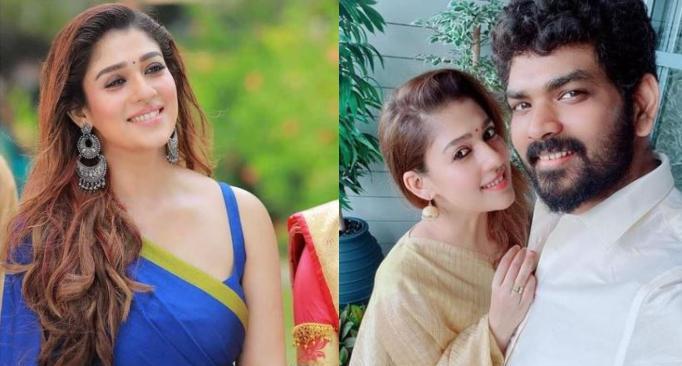All India Majlis-e-Ittehadul Muslimeen (AIMIM) Chief Asaduddin Owaisi opposed the ‘One Nation, One Election’ proposal and said that the proposal destroys federalism and compromises democracy, which is part of the basic structure of the Constitution.
Congress president Mallikarjun Kharge opposed the ‘One Nation, One Election’ proposal, saying it is impractical. He termed the approval of the one simultaneous elections proposal a poll gimmick ahead of elections, saying ‘when elections come, they (Bharatiya Janata Party) say all these things.
“I have consistently opposed #OneNationOneElections because it is a solution in search of a problem. It destroys federalism and compromises democracy, which are part of the basic structure of the constitution,” Owaisi posted on X.
The AIMIM leader Owaisi rejected the concept of simultaneous elections and called it a need of PM Narendra Modi and Home Minister Amit Shah only.
“Multiple elections aren’t a problem for anyone except Modi and Shah. Just because they have a compulsive need to campaign in even municipal and local body elections does not mean that we need simultaneous polls. Frequent and periodic elections improve democratic accountability,” he added.
Meanwhile, Congress leader Supriya Shrinate said that One Nation, One Election is nothing but an attempt to divert attention from the Government’s failures.
“The Union Cabinet approves many proposals, after which they have to take the U-turn. One Nation, One Election is nothing but to divert attention from their failures. How will they implement One Nation, One Election? This is to divert the attention of you people but we will not get diverted,” Shrinate said.
Rajasthan Congress President Govind Singh Dotasra said that One Nation, One Election cannot happen, adding that the government will have to be made in the law and they do not have a sufficient majority to amend the law.
“One Nation, One Election cannot happen, amendments will have to be made in the law and they do not have a sufficient majority to amend the law. They do this to divert attention from their failures… The women’s reservation bill was passed, but was it implemented? This is how the propaganda of One Nation, One Election is going on,” he said.
Congress MP Sukhjinder Singh Randhawa said that the elections in Jammu and Kashmir are being organised in three phases and the government are talking about One Nation, One Election.
“J-K elections are being organised in three phases and they are talking about One Nation, One Election, I don’t know what does this mean…AAP party is the B team of the BJP and when the time comes everyone will agree…Congress will win the Haryana and J&K elections,” Randhawa said.
The Union Cabinet on Wednesday approved the government’s ‘One Nation, One Election’ proposal which proposes simultaneous Lok Sabha and Assembly elections, with urban body and panchayat polls to be held within 100 days.
The recommendations were made in a report of a hight panel committee led by former President Ram Nath Kovind.
Addressing a press conference in the national capital, Union Minister Ashwini Vaishnaw said, “The Union Cabinet has accepted the recommendations by the high-level committee on ‘One Nation, One Election. Cabinet approved the proposal unanimously.”
The Union Minister further said that the proposal will be implemented in two phases.
“In the first phase, Lok Sabha elections and Assembly elections will be held and in the second phase, local bodies elections (Gram Panchayat, Block, Zila Panchayat) and urban local bodies (municipality and municipal committees or municipal corporations),” the Minister said.
Vaishnaw said that recommendations of former President Ram Nath Kovind’s panel will be discussed across India on various forums.
“Implementation group to be formed to take forward recommendations of Kovind panel on simultaneous polls,” the Minister said.
Vaishnaw further said that a large number of parties across the political spectrum have actually supported the One Nation, One Election initiative.
“When they interact with high-level meetings, they give their input in a very succinct manner and with a lot of clarity. Our government believes in creating a consensus on items that affect democracy and the nation in the long run. This is a subject, a topic that will strengthen our nation,” the Union Minister said.
The Kovind-led High-Level Committee on ‘One Nation-One Election’ led by former President Ram Nath Kovind in its report stated that frequent elections create an atmosphere of uncertainty and impact policy decisions, adding that holding simultaneous elections would bring enhanced certainty in policy making.
The report, comprising 18,626 pages, is an outcome of extensive consultations with stakeholders, experts and research work over 191 days, since the constitution of the High-Level Committee on September 2, 2023.
While highlighting the advantages of simultaneous elections, the committee stated that ‘One Nation One Election’ ensures ease and convenience to voters, avoids voters’ fatigue, and facilitates greater voter turnout.
The Committee was briefed by these bodies that intermittent elections had adverse consequences on economic growth, quality of public expenditure, and educational and other outcomes, besides upsetting social harmony.
The panel headed by former president Kovind had submitted the report in March ahead of the announcement of the Lok Sabha elections.
The proposal will now be tabled in Parliament and must be cleared in both houses the Lok Sabha and Rajya Sabha – before it becomes the law. (ANI)
For more details visit us: https://lokmarg.com/
